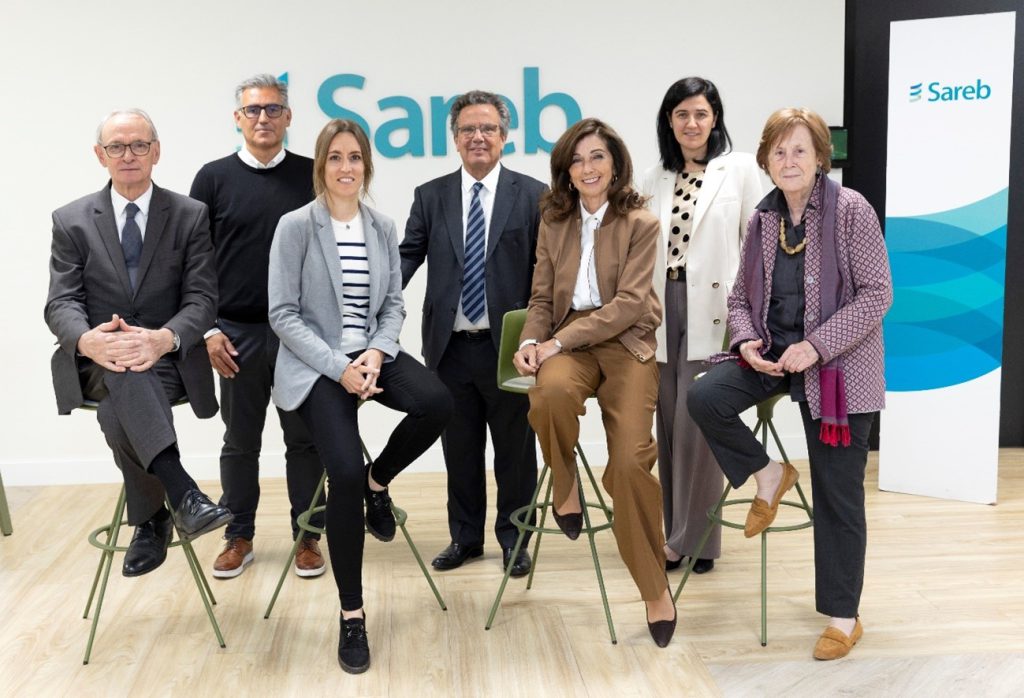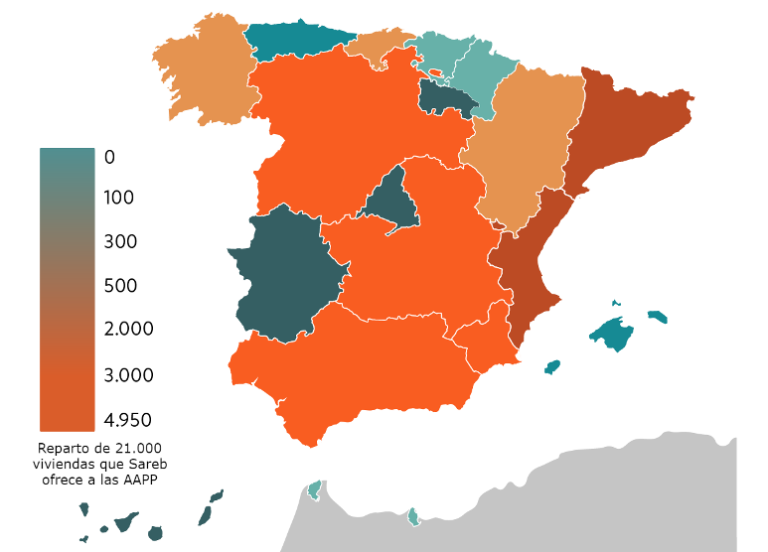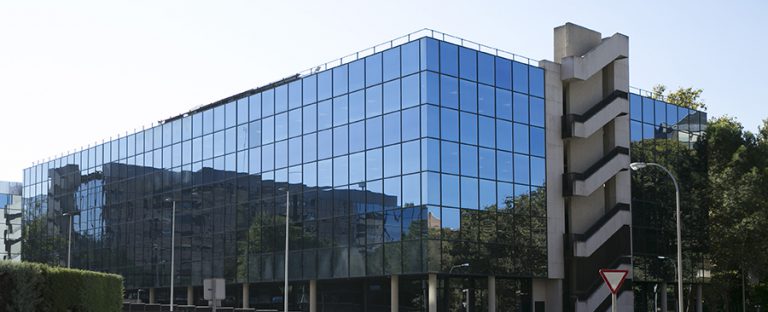Sareb’s Advisory Board meets to assess progress of its social housing initiatives

From left to right: Antón Costas, Pau Pérez de Acha, Núria Lambea, Javier Torres, Fuensanta Nieto, Teresa Palacios y Carme Trilla.
Sareb’s Advisory Board for Sustainability and Social Impact has met this week to assess the progress of the Company’s various initiatives regarding social and affordable housing.
The members of this recently-created Board, which is chaired by the Company’s Chairman Javier Torres, include economists Antón Costas and Carme Trilla, architect Fuensanta Nieto, lawyer Núria Lambea, Sareb’s Director of Social and Affordable Housing Pau Pérez de Acha, and the Company’s Director of the Corporate Legal Advisory Department, Teresa Palacios. The members are all highly-regarded professionals with considerable experience in the field of social housing and they do not receive any additional remuneration for sitting on this Board.
“It is a real privilege for Sareb to receive advice from such a talented panel of experts. It allows us to check whether our policies and business propositions are the right fit for the current social realities – always seeking to ensure they offer economic and social sustainability”, highlighted Sareb Chairman , Javier Torres, at the end of the meeting.
The Board holds quarterly meetings which are held in Madrid, where the company is headquartered, and in Barcelona, where Sareb’s Social and Affordable Housing team is based. This week’s meeting in Madrid was attended by Frob Chairwoman, Paula Conthe, who was keen to hear the thoughts and opinions of the Board’s members and wanted to thank them for taking on this advisory role for Sareb.
Sareb made the decision to create this Advisory Board in order to provide the Company and its governing bodies with expert external advisory services in sustainability and social impact. As such, a continuous line of work is kept open and the Board serves as a platform for both sharing thoughts and insights on any social and legislative changes that might affect Sareb in terms of issues relating to sustainability and social impact. The Board also assess the progress being made in ongoing projects and can propose new initiatives and drive change in company policy.
Sareb and social housing
Since the Spanish Government acquired the majority of the Company’s share capital in April 2022 and its mandate was extended to include the principles of sustainability and social impact, Sareb has made significant progress insofar as social housing is concerned.
Highlights include, for example, the change implemented in its end-to-end management model for social rental housing and via which Sareb is already working with as many as 14,000 households who have signed a lease to rent one of its properties. The initiative assesses the level of vulnerability of these households and offers them the possibility of signing a social rent. This rent is linked to a social and employment support programme which the tenants must commit to in order to take co-responsibility for their socio-economic integration.
Since making this commitment to fulfilling the new addition to its mandate, Sareb has also stepped up its work with local and regional authorities, making up to 21,000 homes available to them in order increase the social housing stock. It is also working on an initiative code-named Project Viena via which it intends to assign land for the construction of affordable rental housing.
These are some of the issues that were discussed at this week’s Advisory Board meeting, and which will be followed up on at future meetings.
Advisory Board members
Antón Costas is an economist and professor of Economic Policy at the Universidad de Barcelona and was also Chairman of the Barcelona Economic Circle from 2013 to 2016. He has been Chair of the Spanish Economic and Social Council since April 2021. Antón is the author of several publications and has received a number of awards and recognitions.
Carme Trilla is an economist and Chairwoman of the Fundación Habitat3 and the Observatorio Metropolitano de la Vivienda de Barcelona, and also collaborates with Barcelona’s Cáritas Diocesana charity organisation in areas relating to social housing and inclusion. Carme was also Director General and Secretary General of the Generalitat de Cataluña’s Housing department. Carme has recently been awarded with the Saint George’s Cross for her professional achievements and her commitment and dedication to improving access to housing on all levels: social, economic and via public policy.
Fuensanta Nieto qualified as an Architect at the Escuela Técnica Superior de Arquitectura in Madrid (ETSAM) and holds a Masters from New York’s (USA) Columbia University. She is a founding partner of Nieto Sobejano Arquitectos in Spain and Germany, a prestigious architecture studio whose projects have made a major contribution to social housing. Fuensanta has received numerous awards and international accolades, including the Alvar Aalto medal.
Núria Lambea holds a PhD in Law and is the Deputy Director of the UNESCO Housing Chair of the Universidad Rovira i Virgili (Tarragona). She co-directs the postgraduate course on Housing Policy at the Universidad Rovira i Virgili and has participated in a number of national and international academic projects in the fields of housing policy, social and affordable housing, and has also written several publications in fields relating to these issues.



